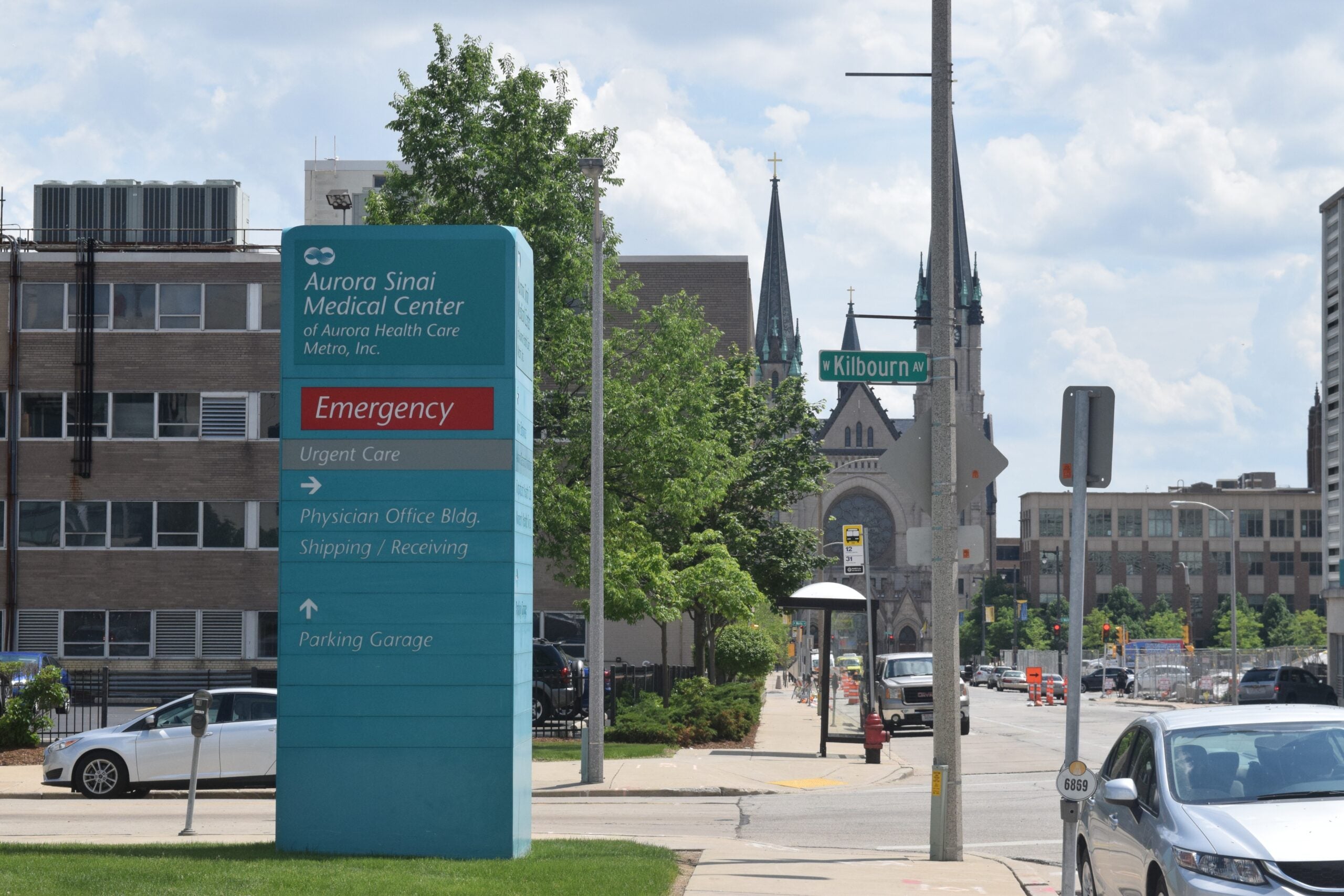Advocate Health says it has revamped billing and collection practices. This includes canceling thousands of debt judgments held as liens against patient’s homes in multiple states, including Wisconsin.
However, many patients claim they were harmed by the hospital group’s debt judgement practices.
The group was a result of a 2022 merger with Advocate Aurora Health and Atrium Health. It is one of the largest employers in Wisconsin.
News with a little more humanity
WPR’s “Wisconsin Today” newsletter keeps you connected to the state you love without feeling overwhelmed. No paywall. No agenda. No corporate filter.
Jessica Glenza is the health reporter for The Guardian U.S. who has been reporting on this issue. She spoke with WPR’s “Morning Edition” host Alex Crowe.
This interview has been edited for brevity and clarity.
Alex Crowe: How does the system works when there are unpaid bills and how Advocate has operated?
Jessica Glenza: I think Advocate Health would argue that they were just following industry norms when they were bringing lawsuits against people. It’s hard to say exactly how many hospitals sued their patients because state courts can be really hard to examine that way.
However, there is some research from states such as New York, and in fact, a treasurer’s report from North Carolina that suggests that while hospitals did this, it was really a small proportion of hospitals that were taking out lawsuits against their patients in regards to their other practices, such as reporting to credit agencies.
That’s no longer allowed. Although I think that was a lot more common, and that’s how you ended up with 46 million Americans who had medical debt on their credit report. The Biden administration made that illegal in their last days in office, so now no one should have medical debt on their credit report.
AC: You mentioned that Advocate says that they’ve changed their practices. Is that true? Have they actually changed their practices as much as they claim they have?
JG: They have. So in 2022, they stopped suing patients quietly, before the state treasurer started bringing scrutiny to the issue in North Carolina. Then in 2024 after several media outlets had started reporting on their practice of suing patients, they decided to forgive all of the debt judgments that they had obtained across five states, so more than 11,500 judgments.
It’s important to note that Advocate says that the scrutiny and its decision to cancel judgments are not related. They also made their charity care policy more generous, and they say that they now pre-qualify people for charity care. Although that’s only true for people who don’t have insurance.
So if you have commercial insurance with a really high deductible, you’re still going to need to apply for charity care from Advocate. That represents most people, frankly, who are interacting with the health system.
AC: Do we know how many people are still being sued by Advocate Health here in Wisconsin?
JG: All that we know is that Advocate Health sued around 11,500 people over five states. From our own reporting and analysis, we know that around 4,400 of those lawsuits were in North Carolina.
We don’t have a complete state-by-state breakdown because Advocate Health, candidly, has decided that they did not want to give us that information when we requested it. So, it’s not exactly clear how many people in Wisconsin were sued by the health system.
AC: Are there any lawsuits right now that have been filed by Wisconsinites that are currently pending against Advocate Health because of this issue?
JG: There’s a couple lawsuits, and they don’t exactly touch on debt collection, but the price of health care. There’s two separate cases in Wisconsin.
One alleges that this health system was able to increase its prices by buying up competition. That’s hospitals and clinics. Then, through secret contract negotiations with insurers, increase the price of procedures and surgeries.
One example that one of the lawsuits uses is that a hip replacement is $21,000 more at Advocate than it is at a competing hospital five minutes away. Advocate calls this a groundless attack that is solely because of their size.
Another lawsuit also tackles the cost of health care, and that was brought by a Wisconsin family. A mother, a father and a daughter who had two separate interactions with the health system that they felt were what they called poor quality care at eye-watering prices. The hospital said that lawsuit also has no merit.
Wisconsin Public Radio, © Copyright 2025, Board of Regents of the University of Wisconsin System and Wisconsin Educational Communications Board.







